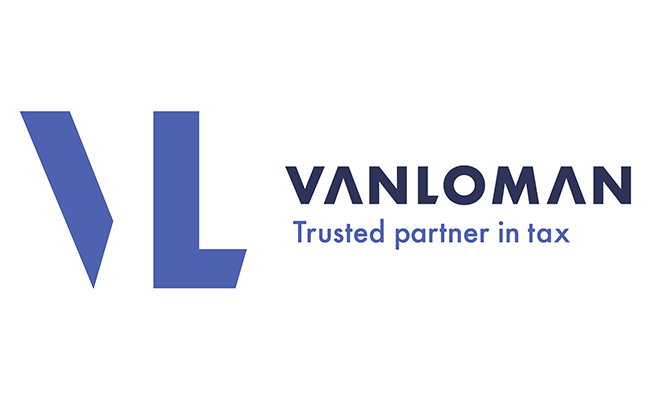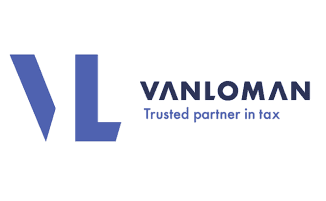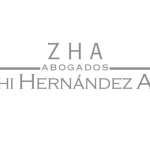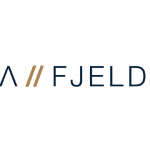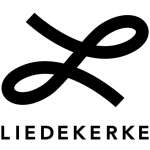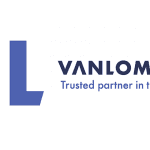Dutch listed companies may buyback their own shares free from Dutch dividend withholding tax (DWT), subject to certain conditions being met. Based on an adopted amendment to the Dutch Tax Plan 2024, the House of Representatives decided to abolish this exemption as of 1 January 2025. This would mean that share buybacks will be subject to 15% dividend withholding tax. However, a new government, to be formed after the 22 November 2023 elections, could still decide in 2024 not to abolish this exemption. In addition, various alternatives remain available to distribute cash to shareholders free from DWT.
For the avoidance of doubt, companies that have a listing in the Netherlands, but are not tax resident of the Netherlands are and remain outside the scope of Dutch DWT. Such companies are in any event not affected by the proposal.
Introduction
Dividend distributions made by Dutch resident companies to shareholders that hold a <5% interest in a Dutch resident company are generally subject to DWT at a rate of 15%. Dutch resident individual and corporate shareholders can generally credit the DWT against their Dutch (corporate) income tax liability, so for such shareholders the DWT is ultimately not a burden. However, for non-Dutch shareholders such DWT is a final burden. A popular method for Dutch listed companies to mitigate such DWT burdens for their shareholders is to do a share buyback instead of a dividend distribution.
Background
The Dutch DWT treatment of share buybacks is complicated and whether an exemption of DWT may apply depends on the purpose and legal drafting of the buyback and whether the company distributing the dividend is a listed company.
If shares are bought back as temporary investment, such a buyback is – and remains – exempt from DWT. Shares are bought back as temporary investment where those shares are subsequently provided to employees or managers in connection with a management incentive plan or where the shares are bought back to support its stock price. Key is that the shares are bought back with the intention to sell those shares again in the near future.
‘A popular method for Dutch listed companies to mitigate such DWT burdens for their shareholders is to do a share buyback instead of a dividend distribution.’ Gabriël van Gelder and Steven den Boer, VanLoman
If shares are bought back with the intention to amortise the shares, such a buyback is – and remains – subject to DWT. DWT is payable on the difference between the purchase price per shares and the fiscally recognised paid in capital per share. The Dutch DWT rate is 15%, however in case of share buybacks the DWT is normally assumed by the company for the benefit of the shareholders and therefore the DWT due is grossed-up, resulting in an effective tax rate of 17.65%.
However, a specific exemption is currently available for listed companies that run an active business, ie of which the activities are more than passive investment activities. If all conditions are met, an exemption applies even where the shares are bought back with the intention to amortise. The amount that listed companies may buyback from DWT is limited and depends on inter alia, the average cash dividend distributed in the last five years and the amount of the cash dividend in the year of the buyback. Notwithstanding these strict requirements, share buybacks are frequently made by Dutch listed companies and this exemption supports the Dutch business climate. This specific exemption may be abolished by 2025.
Research by Ministry of Finance
At the request of the Dutch parliament, the Dutch Ministry of Finance conducted research as to the function and effect of the DWT exemption on share buybacks for listed companies. The findings of the Ministry of Finance have been published in a letter dated 26 September 2023. The most important conclusions were that:
- Share buybacks are done for valid business reasons such as maintaining a stable dividend policy and the preservation of the value of the underlying shares;
- Many countries have a similar tax facility for share buybacks. The abolishment of the DWT for share buybacks for Dutch listed companies has a negative impact on the value of the shares of Dutch listed companies and make it less beneficial to invest in Dutch listed companies; and
- To benefit from the DWT exemption for share buybacks, Dutch listed companies must meet strict requirements. Therefore the risk of abuse of this facility is limited.
The conclusion of the Ministry of Finance was that the facility for share buybacks should be maintained in its current form. Despite this clear advice, Dutch parliament has decided less than two months after publication of the letter to abolish the exemption after all with effect as of 1 January 2025.
Consequences and alternative solutions
The consequences and impact on the Dutch business climate are uncertain. However, it is clear that in 2024 share buybacks by listed companies can still be done free of WHT. And further, given that there should be a new government in the Netherlands in the course of 2024, there is still a genuine possibility that the exemption will not be abolished after all.
Even where the exemption will be abolished there are still possibilities for companies to return cash to their shareholders free from WHT.
A well-known and tested alternative is to repay share premium. If this is done in a formal operation, ie the conversion of share premium into nominal share capital, and the subsequent reduction and repayment of this share capital, no WHT is due. A number of Dutch listed companies, such as AkzoNobel and OCI, have followed this route and made repayments free from WHT in the past on the basis of this formal operation.
Another alternative is a selective buyback from shareholders. If the listed company has a large number of Dutch shareholders (who can credit the DWT against their Dutch income tax or corporate income tax liability) or foreign shareholders holding a 5% or more interest in the listed company (who can generally benefit from an exemption of DWT on the basis of Dutch domestic law or an applicable double tax treaty), the listed company could consider buying back shares for amortisation from these shareholders, as the DWT is not a burden for such shareholders.
There are more alternatives to mitigate DWT, such as a second trading line, or having a dual share structure. However, which (combination of) alternatives may work should be decided on a case-by-case basis and will depend on inter alia on the residency of the shareholders and the amount of capital available for repayment at the level of the listed company.
Concluding remarks
The abolishment of the DWT exemption for listed companies as per 2025 is an unhelpful measure for listed companies. However, there is still a real possibility that the new government will decide not to abolish the exemption after all. And even if the exemption is abolished, there remain alternatives available for listed companies to repatriate cash to shareholders exempt from DWT.
For more information, please contact:

Gabriël van Gelder, partner
T: +31 (0) 20 760 4557
E: gabriel.vangelder@vanloman.com

Steven den Boer, counsel
T: +31 (0)20 760 4598
E: steven.denboer@vanloman.com
VanLoman Tax Lawyers
De Boelelaan 7
1083 HJ
Amsterdam







